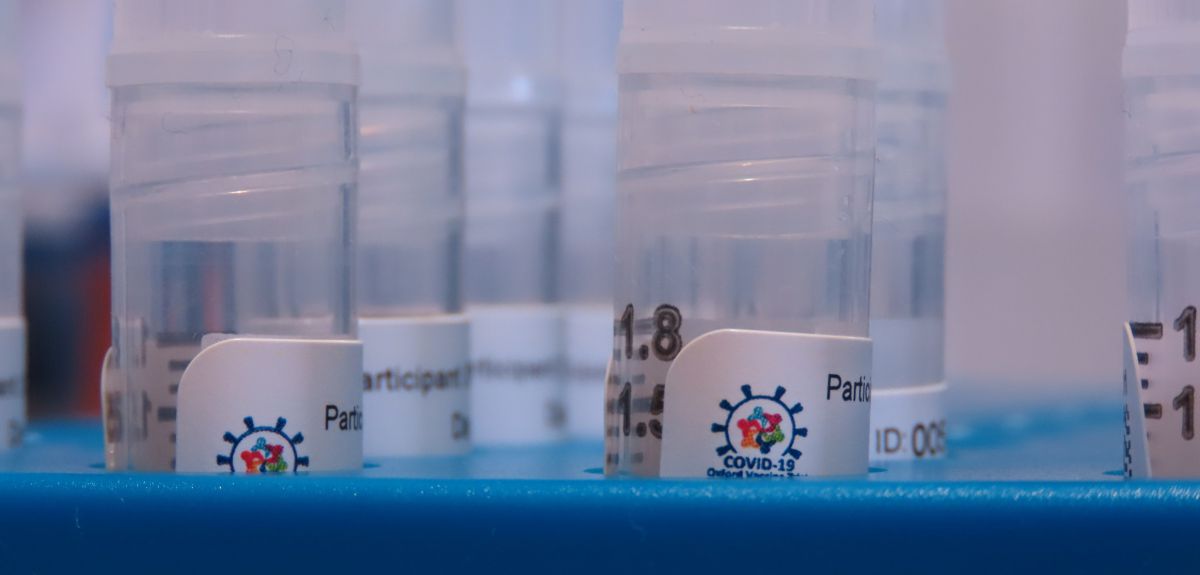Oxford Uni coronavirus vaccine ‘has 50% chance of success’

A scientist leading the development of Oxford University’s coronavirus vaccine says the just-started phase 2/3 trial only has a 50:50 chance of success, because the virus is diminishing so quickly in the UK.
Adrian Hill, director of the university’s Jenner Institute, told The Sunday Telegraph that a lower rate of transmission of SARS-CoV-2 in the community cold make it hard for the new 10,260-patient trial to show an impact of the vaccine on the virus.
“It’s a race against the virus disappearing, and against time”, he told the newspaper over the weekend. “We're in the bizarre position of wanting COVID to stay, at least for a little while.”
The number of new cases of has been running at between around 2,500 and 3,000 per day in the UK over the last few days, down from peaks of more than 6,000 throughout April and early May.
Last week, Oxford said its researchers had started to recruit volunteers for the next stage of human trials of the adenovirus-based vaccine – known as ChAdOx1 nCoV-19 – shortly after partner AstraZeneca received $1.2 billion in funding from the US government to produce 400 million doses.
The vaccine is based on a viral vector based on a weakened version of an adenovirus that infects chimpanzees, containing the genetic material of SARS-CoV-2 spike protein, and started phase 1 testing in 160 healthy adult volunteers aged up to 55 in April. More than 1,000 people have already received it in the testing phase and on compassionate-use grounds.
The next stage of testing (phase 2) is broadening the age range to include children aged 5 to 12 as well as older adults in the 56-69 bracket and some over 70s, to see if there is any difference in response to the vaccine.
The final, phase 3 stage will then kick off, looking at adults aged over 18 and assessing how well ChAdOx1 works to prevent people from becoming infected and unwell with COVID-19. All participants will receive two doses of either the coronavirus vaccine or GlaxoSmithKline’s meningitis vaccine MenACWY as a control.
“We have had a lot of interest already from people over the age of 55 years who were not eligible to take part in the phase I study,” said Sarah Gilbert, professor of vaccinology at the Jenner Institute.
“We will now be able to include older age groups to continue the vaccine assessment [and] will also be including more study sites, in different parts of the country,” she added.
AZ chief executive Pascal Soriot told The Andrew Marr Show on Sunday that he was confident the company would be able to supply the first doses of the vaccine – now also known as AZD1222 – in the UK in September. However he acknowledged the issue facing the UK phase 2/3 trial highlighted by Dr Hill could threaten the roll-out of the vaccine.
The company has said it is on track to make as many as 30 million doses available in the UK as early as September, and could start shipping ChAdOx1 to the US the following month. The UK government has placed an order for 100 million doses.













